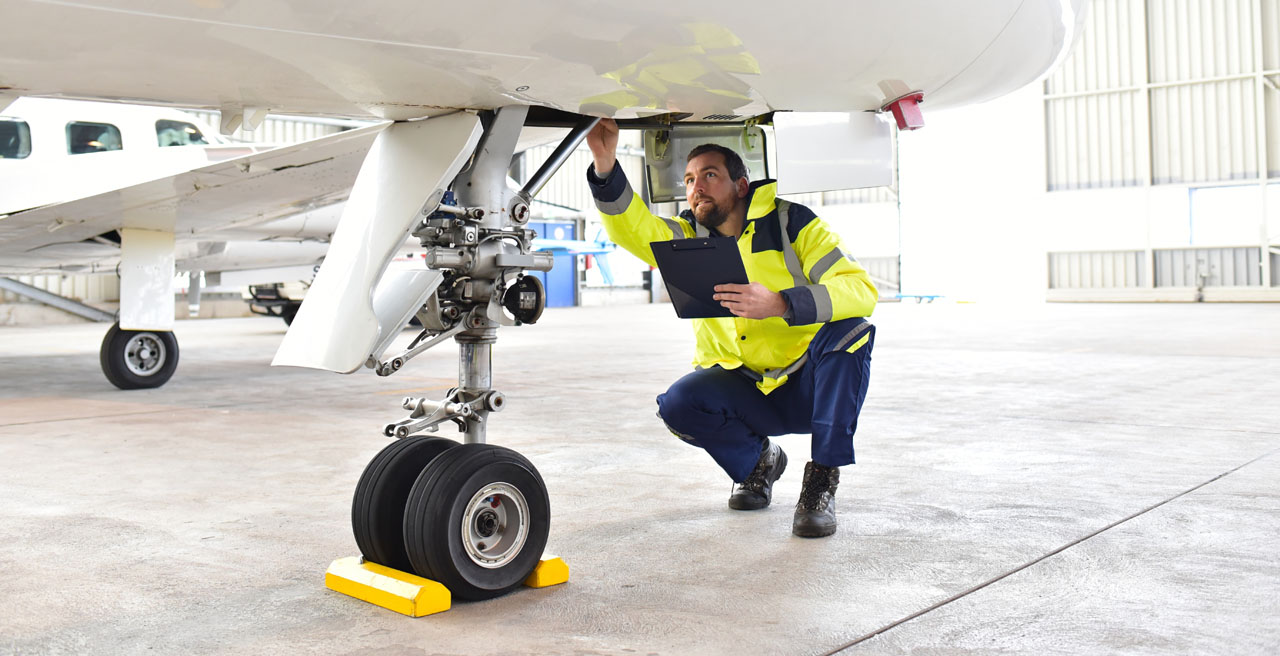
IATA’s annual safety report shows improvements in global aviation safety
The Worldwide Air Transport Affiliation (IATA) launched its 2024 Annual Security Report itemizing progress within the subject of aviation security at the moment, twenty sixth February.
This newest report exhibits that the worldwide industrial aviation sector delivered one other yr of sturdy total efficiency on security.
There have been quite a lot of notable enhancements, particularly with regard to the five-year common of a number of key parameters for aviation security.
Notable highlights
In 2024, the all-accident fee of 1.13 per million flights, roughly one accident per 880,000 flights, was higher than the five-year common of 1.25.
Nonetheless, this was inferior to the 1.09 recorded in 2023.
It must also be famous that there have been seven deadly accidents in 2024, amongst 40.6 million flights: increased than the one deadly accident recorded in 2023 and the five-year common of 5 deadly accidents.
Likewise, there have been 244 on-board fatalities in 2024, in comparison with the 72 fatalities reported in 2023 and the five-year common of 144.
Fatality threat remained low at 0.06, under the five-year common (0.10), though double the 0.03 reported in 2023.
In response to IATA director-general Willie Walsh, it is very important do not forget that accidents are extraordinarily uncommon.
Walsh mentioned: “The long-term story of aviation security is certainly one of steady enchancment. A decade in the past, the five-year common was one accident for each 456,000 flights. Right now, the five-year common (2020-2024) is one accident for each 810,000 flights. That enchancment is as a result of we all know that each fatality is one too many. We honour the reminiscence of each life misplaced in an aviation accident with our deepest sympathies and ever higher resolve to make flying even safer. For that, the buildup of security information, together with the 2024 security report, is our strongest instrument.”
It must also be famous that airways registered underneath the IATA Operational Security Audit (IOSA) had an accident fee of 0.92 per million flights, considerably decrease than the 1.70 recorded by non-IOSA carriers.
Motion wanted in battle zones
Whereas accidents and incidents associated to battle zones are thought of security-related occasions and never included or alluded to instantly within the annual security report, these and the rising variety of World Navigation Satellite tv for pc System (GNSS) interference incidents are a prime concern for aviation security.
That mentioned, IATA officers identified that this concern calls for pressing international coordination.
Walsh mentioned: “No civil plane ought to ever be a goal, whether or not deliberate or unintentional, of navy operations. Governments should step up, improve intelligence-sharing, and set up clearer international protocols to forestall such tragedies and safeguard civilian aviation.”
2024 noticed the downing of two plane in battle zones: particularly in Kazakhstan with 38 fatalities, and in Sudan with 5 fatalities.
These incidents have strengthened the significance of the Safer Skies initiative, established within the aftermath of the PS752 tragedy to facilitate safeguards in high-risk airspace.
In the meantime, information from the IATA Incident Knowledge Trade (IDX) additionally famous a pointy enhance in GNSS-related interference, which may mislead plane navigation programs.
Whereas there are a number of back-up programs in place to assist aviation security even when these programs are affected, these incidents nonetheless pose deliberate and unacceptable dangers to civil aviation.
GNSS interference is most prevalent in Türkiye, Iraq, and Egypt.
Stories of GNSS interference, together with sign disruptions, jamming, and spoofing, surged between 2023 and 2024. Interference charges elevated by 175 %, whereas GPS spoofing incidents spiked by 500 %.
The IATA director-general mentioned of this: “The sharp rise in GNSS interference occasions is deeply regarding. Dependable navigation is key to secure and environment friendly flight operations. Fast steps by governments and air navigation service suppliers are wanted to cease this apply, enhance situational consciousness, and be sure that airways have the mandatory instruments to function safely in all areas.
Walsh likewise identified that accident investigation is an important instrument for enhancing international aviation security.
He mentioned: “To be efficient, the reviews of accident investigations have to be full, accessible, and well timed. Annex 13 of the Chicago Conference is obvious that it is a state’s obligation. Burying accident reviews for political concerns is totally unacceptable. And if capability is the blocker, then we’d like a coordinated international effort to supply technical assist to international locations with restricted accident investigation experience.”
Security efficiency per area
- North America: With 12 accidents, the all-accident fee improved from 1.53 per million sectors in 2023 to 1.20 in 2024 and was higher than the area’s five-year common of 1.26. Fatality threat has remained zero since 2020. The most typical accident varieties in 2024 had been tail strikes, adopted by runway injury and runway excursions. Whereas no accidents have been linked to clutter from area operations, the rising variety of rocket launches presents challenges for air visitors administration.
- Asia-Pacific: With seven accidents in 2024, the all-accident fee elevated from 0.92 per million sectors in 2023 to 1.04 in 2024 however remained under the five-year regional common of 1.10. Fatality threat was unchanged from 2023 at 0.15. There was no dominant classification for accidents within the area which included tail strikes, runway injury and turbulence, amongst others.
- Africa: With 10 accidents in 2024, the all-accident fee rose from 8.36 per million sectors in 2023 to 10.59 in 2024, exceeding the five-year common of 8.46. Africa (AFI) recorded the best accident fee, although the fatality threat remained at zero for the second yr in a row. The most typical accident varieties in 2024 had been runway excursions, adopted by these associated to touchdown gear. 40 % of all accidents involving AFI-based operators had been on turboprop plane. Via the IATA Focus Africa initiative, the Collaborative Aviation Security Enchancment Program (CASIP) continues to mobilize sources to handle key security challenges.
- Center East and North Africa: With two accidents in 2024, the all-accident fee improved from 1.12 accidents per million sectors in 2023 to 1.08 in 2024 and was additionally higher than its five-year common of 1.09. Fatality threat has remained zero since 2019. Whereas no accidents had been associated to GNSS interference, it has emerged as a crucial space of concern within the area.
- Commonwealth of Impartial States: With no accidents in 2024, the all-accident fee improved from 1.05 accidents per million sectors in 2023 to zero in 2024, an enchancment over the area’s five-year common of two.49. Fatality threat has remained zero since 2022. GNSS interference and safety dangers linked to regional conflicts stay key considerations for aviation security within the space. Word that the December 2024 downing of an Azerbaijan Airways plane in a battle zone is excluded from accident classification on this security report. It’s also necessary to notice that CIS has restricted accident data out there and will bear bigger revisions than regular as soon as extra information turns into out there. This may increasingly have an effect on accident fee in addition to fatality threat calculation.
- Europe: With 9 accidents in 2024, the all-accident fee elevated barely from 0.95 per million sectors in 2023 to 1.02 accidents in 2024. This fee is on par with the area’s five-year common accident fee of 1.02. The fatality threat fee elevated from zero in 2023 to 0.03 in 2024. The biggest proportion of accidents had been associated to tail strikes adopted by runway excursions.
- North Asia: With a single accident, the all-accident fee elevated barely from zero accidents per million sectors in 2023 to 0.13 in 2024. This was higher than the area’s five-year common of 0.16 accidents per million sectors. Fatality threat has remained zero since 2022. There was just one accident involving North Asian-based operators and was associated to a tail strike.
- Latin America and the Caribbean: With 5 accidents in 2024, the all-accident fee elevated from 0.73 accidents per million sectors in 2023 to 1.77 accidents in 2024. This was higher than the five-year common of two.00. The fatality threat elevated from 0.00 in 2023 to 0.35 in 2024. The biggest proportion of accidents was associated to tail strikes.

